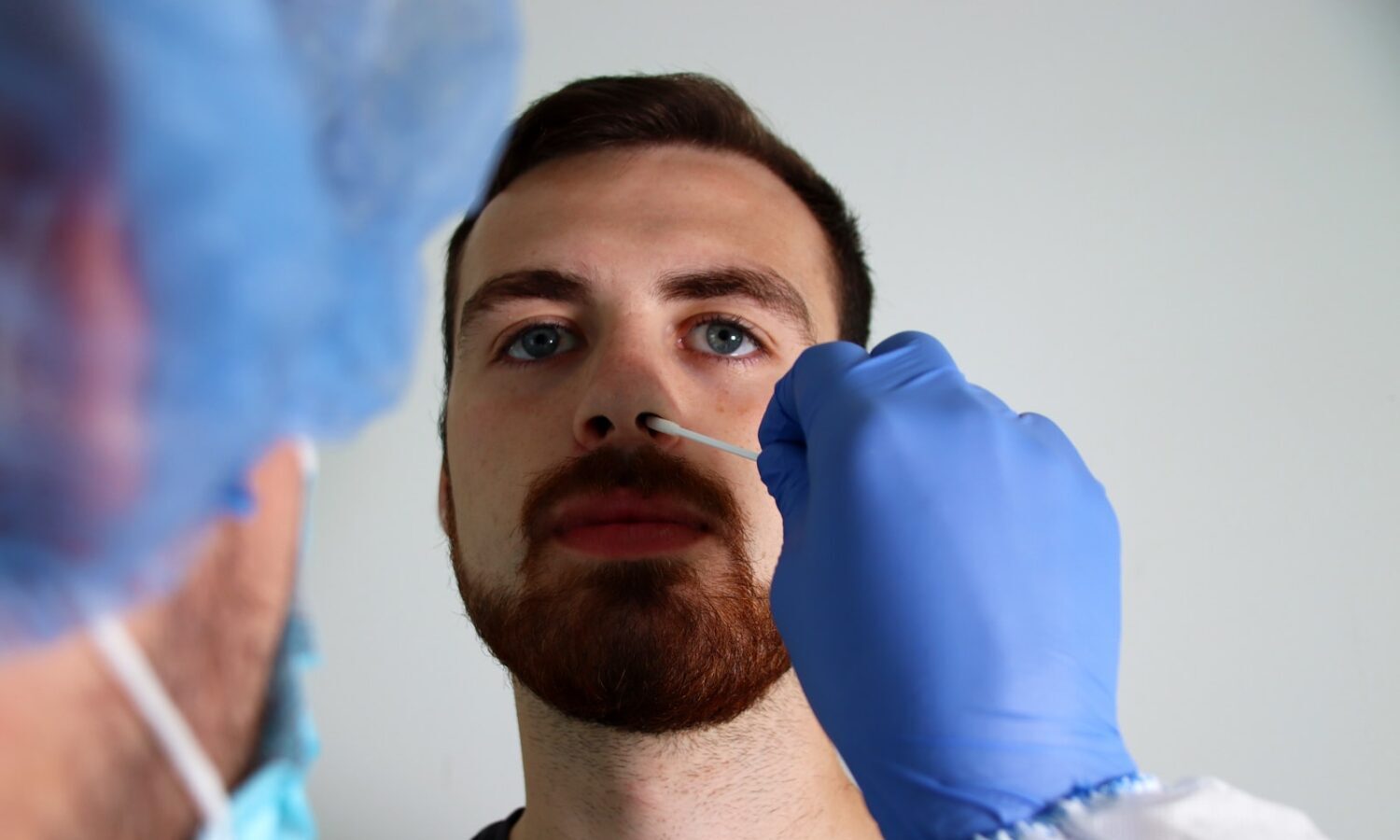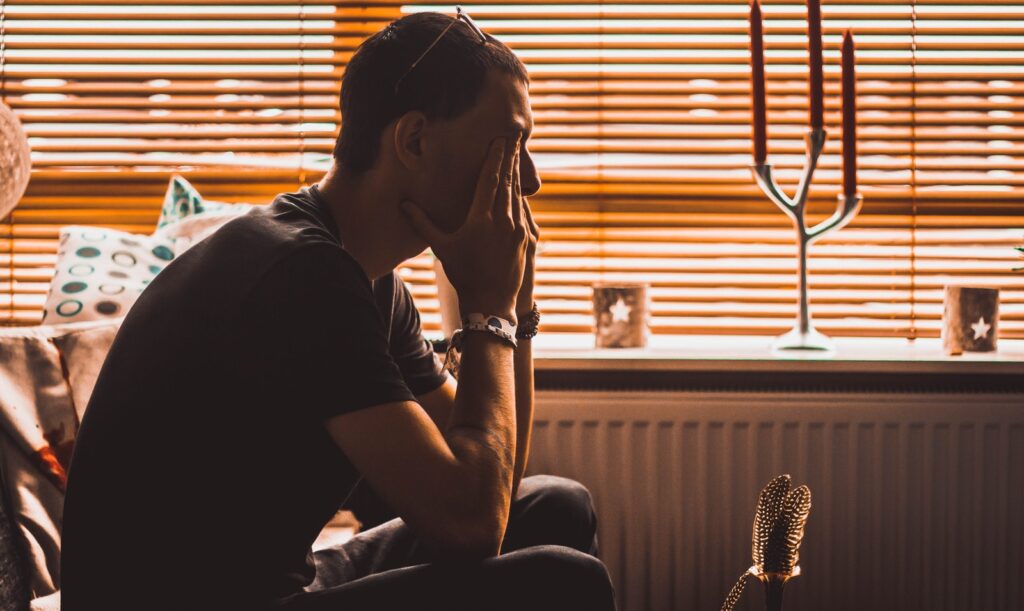
In partnership with The Fresh Toast
COVID-19 reinfections are possible, especially now that there’s Omicron variants in circulation. Here’s what experts want you to know.
Two years into the pandemic and a large percentage of the world has been infected with COVID-19. In the U.S, the most recent statistics show that almost 60% of people have had past infections. As states jump back into COVID-19 high alerts, the possibility of reinfection becomes all the more likely. But how many times can you have COVID?
That’s a difficult question to answer, but there are several things experts have learned about the virus over the past couple of years.
The New York Post spoke with infectious disease expert Dr. Michael Phillips, who provided some context and answers regarding COVID-19 reinfections. While there’s no way of knowing how many times a person can get Covid, people who were infected with Omicron appear to have less protection than those who were infected with previous variants, like Delta.

RELATED: People Who Had COVID-19 During This Month Are At Higher Risk Of Reinfection
The New York Times spoke with a variety of experts, who surmised that Omicron created a whole new set of problems, disrupting what people knew about the virus and its capabilities for reinfections. Before the variant existed, experts believed that vaccines and natural infections would kill the virus off naturally. Now, the situation is difficult to predict, since Omicron has evolved to dodge immunity.
“But thankfully, the vast majority of people [who] get the infection tend to recover without too many problems,” explains Dr. Phillips, meaning that while the subvariants that are circulating are highly contagious, they’re not likely a high risk for the majority of the population provided they’re vaccinated. The problem with this issue and with the lax mentality that most states and countries have adopted is the unpredictability of these new batches of reinfections. A large percentage of people will be fine, but those who are over a certain age or have comorbidities to contend with stand on much shakier ground.
While our knowledge of the virus suggests that getting reinfected with the same variant is unlikely, experts make it clear that it’s possible, especially if the person isn’t vaccinated, and especially now that there are Omicron subvariants in circulation.
RELATED: Long COVID Numbers Are Increasing — Here’s How To Know If You Have It
Lastly, when addressing protection from a COVID infection, Dr. Phillips explained that the average immune system can fight off COVID reinfection for three to five months after the previous round. After six months you can expect COVID antibodies to have waned significantly.
He reiterates the importance of vaccines since these prevent strong infections and help keep the virus under control. While reinfection can’t be completely ruled out, vaccines and boosters are the most efficient way of reaching a point where the virus becomes endemic and it’s not as big of a threat for people with deal with all types of conditions.
Read more on The Fresh Toast
Advertising disclosure: We may receive compensation for some of the links in our stories. Thank you for supporting LA Weekly and our advertisers.
